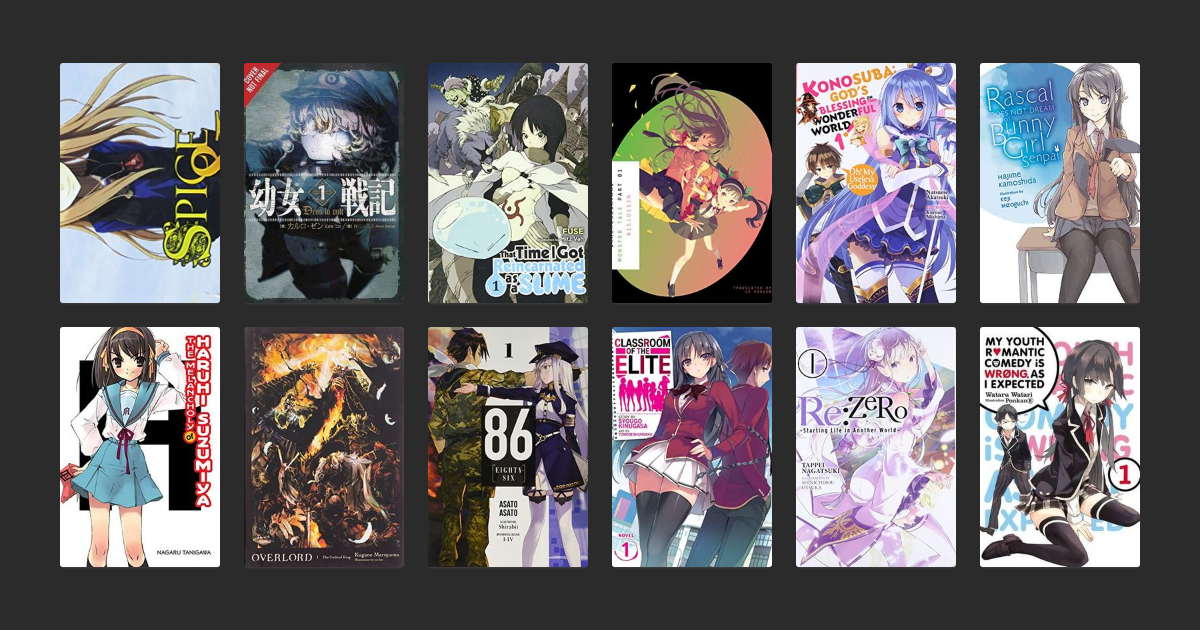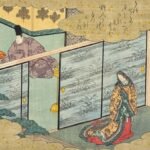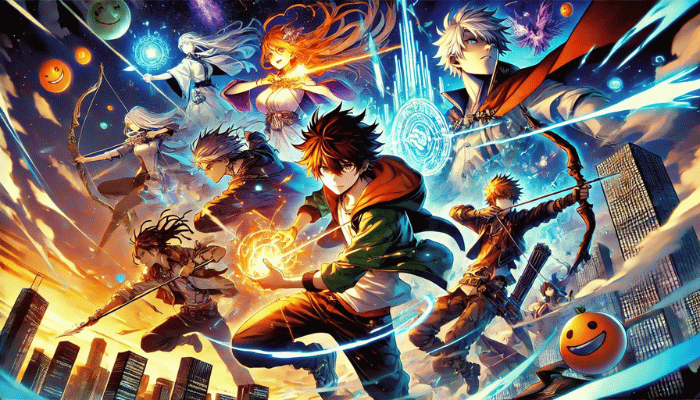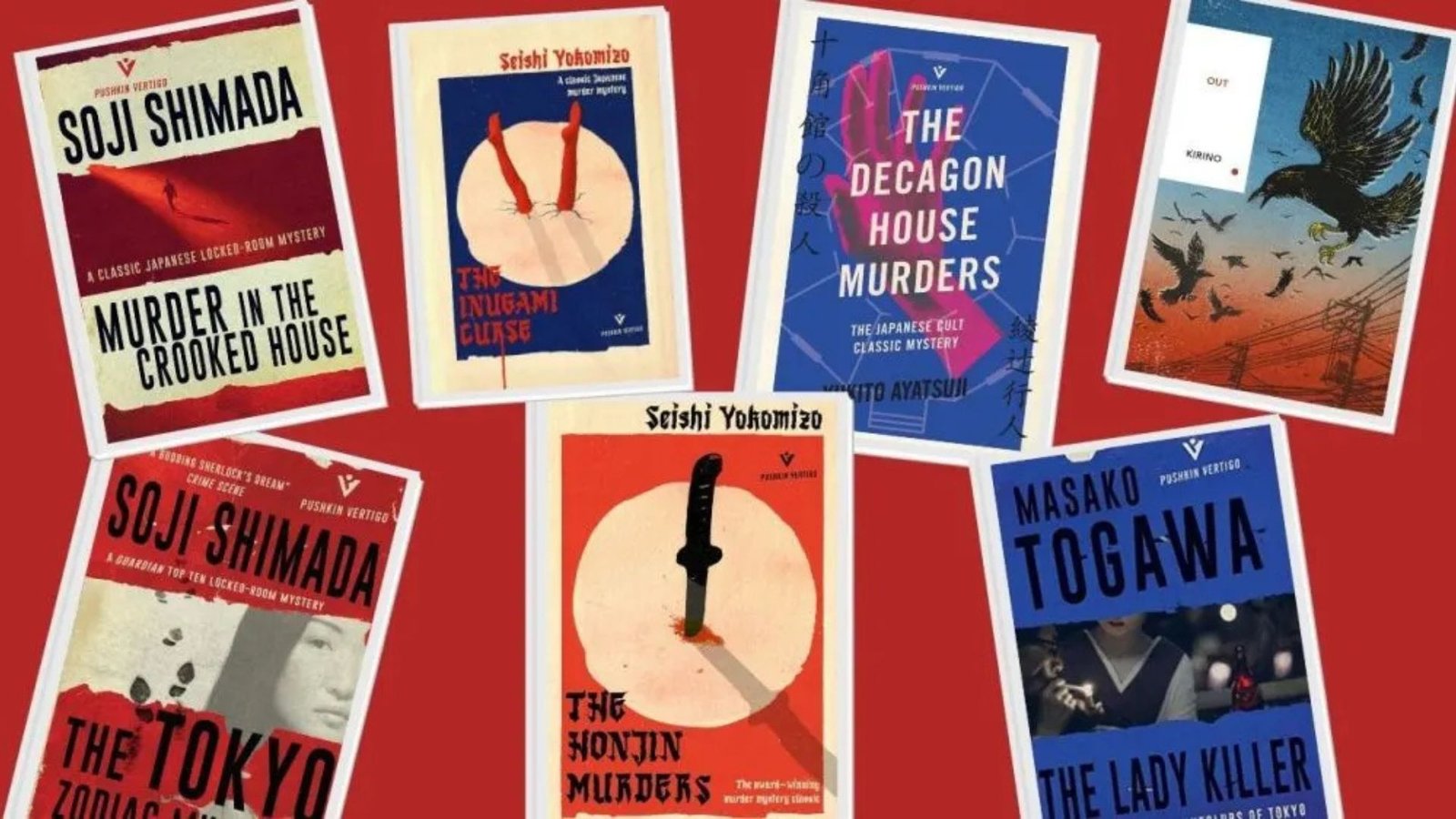Japanese novels, especially light novels and literary classics, play a pivotal role in inspiring anime and manga storylines. From intricate character development to immersive world-building, these novels often serve as the creative foundation for some of the most beloved anime and manga series. This blog delves into how Japanese literature influences anime and manga, shaping their storytelling and cultural appeal.
1. The Connection Between Japanese Novels and Anime
Japanese novels often provide a treasure trove of material for anime creators. Key connections include:
- Source Material: Many anime series are direct adaptations of popular novels, particularly light novels. These works are designed with episodic storytelling, making them perfect for anime format.
- Thematic Depth: Novels explore themes like love, identity, and societal struggles, which translate well into anime storylines.
- Rich World-Building: Novels provide detailed settings that become the backbone for visually stunning anime worlds.
2. Light Novels: A Bridge Between Literature and Visual Media
Light novels, characterized by their accessible prose and inclusion of illustrations, are often the most adapted literary form in anime.
Popular Light Novel-Inspired Anime
- “Sword Art Online” by Reki Kawahara
- A light novel series that inspired a globally acclaimed anime.
- Themes of virtual reality and survival resonate with modern audiences.
- “Re:Zero – Starting Life in Another World” by Tappei Nagatsuki
- This novel introduced the “isekai” (alternate world) genre to the mainstream.
- Its compelling characters and plot twists make it a fan favorite.
- “The Melancholy of Haruhi Suzumiya” by Nagaru Tanigawa
- Known for its unique narrative style and philosophical undertones.
- The anime adaptation became a cultural phenomenon.
3. Classic Japanese Novels Influencing Anime Themes
Japanese classics often provide the thematic and philosophical depth found in certain anime.
- Natsume Sōseki’s Works: Themes of human emotion and existentialism in his novels, such as Kokoro, inspire introspective anime like “March Comes in Like a Lion.”
- Yasunari Kawabata’s Aesthetic Influence: The delicate beauty and subtlety in his works, such as Snow Country, can be seen in anime that focus on visual storytelling, like “Your Name.”
4. Manga Storylines Rooted in Novel Narratives
Many manga series derive their inspiration from Japanese novels, either as direct adaptations or through thematic parallels.
Examples of Novels Shaping Manga
- “All You Need Is Kill” by Hiroshi Sakurazaka
- This sci-fi novel inspired the manga adaptation and the Hollywood film “Edge of Tomorrow.”
- “Battle Royale” by Koushun Takami
- The novel’s intense storyline about survival influenced manga like “Btooom!” and “The Hunger Games”-esque narratives.
- “No Longer Human” by Osamu Dazai
- The deeply introspective novel has inspired adaptations in both manga and anime, exploring themes of alienation and self-destruction.

5. Why Novels Enhance Anime and Manga Storylines
Japanese novels add depth and creativity to anime and manga through:
- Complex Characters: Novels allow for detailed character backstories and motivations, leading to multidimensional characters in anime.
- Expanded Universes: The descriptive nature of novels enriches the world-building in manga and anime.
- Innovative Plotlines: Many novels introduce unique plot devices, such as time loops or alternate realities, which captivate audiences in visual formats.
6. Reciprocal Influence: Anime and Manga Inspire Novels
The relationship between novels, anime, and manga is not one-sided. Popular anime and manga often lead to spin-off novels or light novel adaptations, such as:
- “Naruto Hiden” series: Novels that delve deeper into the lives of supporting characters.
- “Attack on Titan: Before the Fall”: A novel prequel to the manga and anime phenomenon.
7. Cultural Impact of Novels, Anime, and Manga
This interconnectedness of novels, anime, and manga has a significant impact:
- Promoting Japanese Literature: Anime adaptations encourage fans to read the original novels.
- Global Recognition: Japanese storytelling gains international appreciation through these adaptations.
- Creative Evolution: The cross-medium influence drives innovation in all forms of Japanese art.
Conclusion
Japanese novels, with their rich storytelling and profound themes, serve as the backbone for many iconic anime and manga series. From light novels like Sword Art Online to literary classics like Kokoro, the influence of Japanese literature is evident across these mediums. As anime and manga continue to evolve, the inspiration drawn from novels ensures that storytelling remains fresh, diverse, and culturally resonant.
Whether you’re a fan of novels, anime, or manga, exploring the connections between them offers a deeper appreciation of Japanese creative arts.











